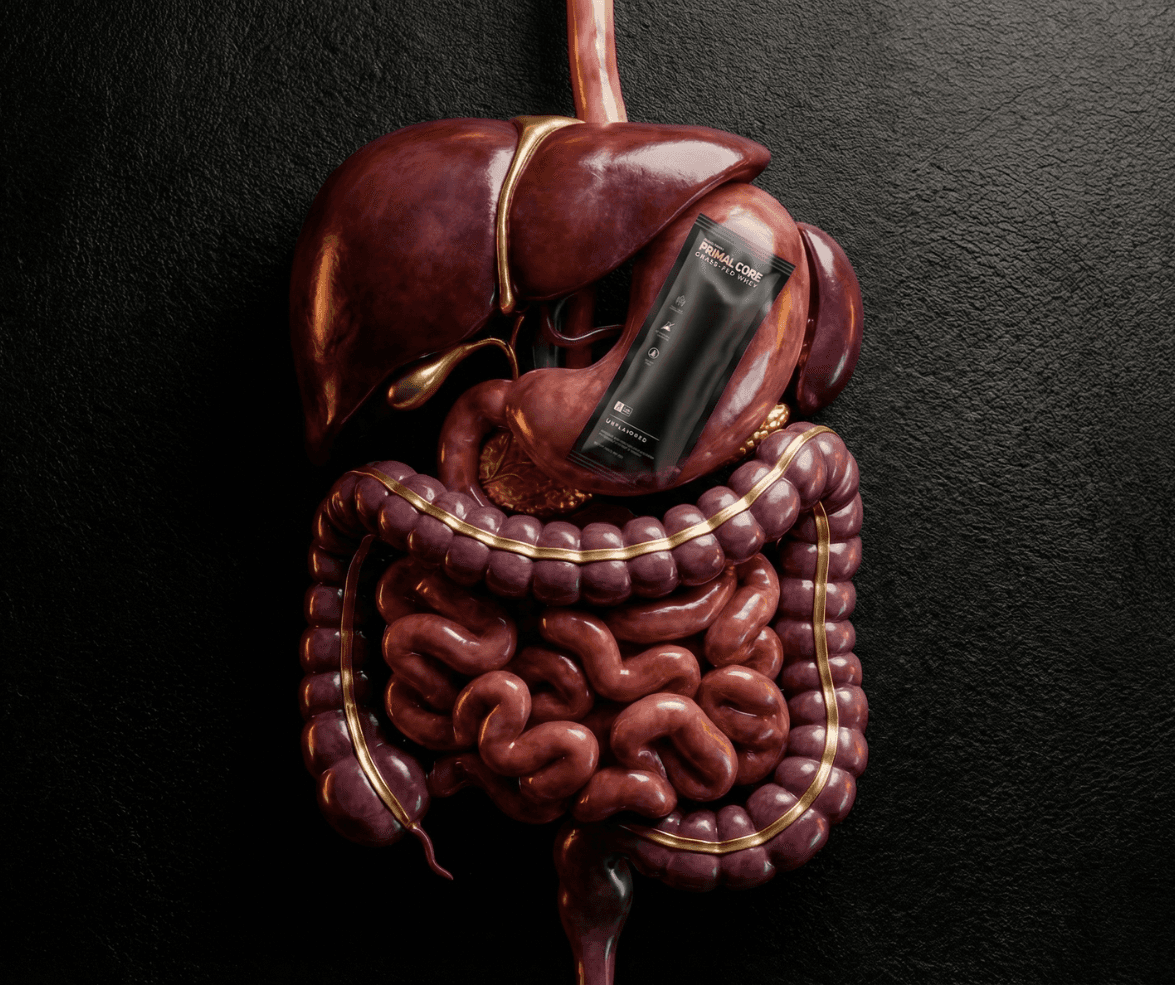EU: Shipping’s on the house when you hit €100
News
Protein is vital for older women. Find out how much you need, the benefits of higher intake, and some simple tips to boost your diet.

Aging gracefully isn’t just about how you look. It’s about how strong and capable you feel. For many women, the years around menopause bring many unexpected challenges, including rapid muscle loss. It doesn’t always show up right away, but over time, it leads to weaker strength and slower recovery.
That’s where protein becomes more than just a nutrient. In this article, we’ll break down why muscle loss accelerates after menopause, how much protein women really need, and the proven strategies that can help turn science into simple, sustainable habits.
Why Does Muscle Loss Speed Up After Menopause?
Menopause is a turning point for women’s health, not just hormonally but physically. One of the biggest changes is the rapid loss of muscle (i.e., “sarcopenia”). This happens because estrogen, a hormone that plays a role in regulating muscle repair and protein use, declines sharply during this stage of life.
Without enough estrogen, the body breaks down muscle more easily and takes longer to recover. In fact, women over 50 can lose muscle mass at a faster rate than men of the same age. This decline not only reduces strength but also affects energy and balance, increasing the risk of falls, injuries, and frailty.
How Much Protein Do Women Really Need?
Most people are familiar with the RDA for protein, which is set at 0.8 grams per kilogram of body weight per day. While this may be enough to prevent deficiency, it isn’t optimal for maintaining muscle in ageing women. That’s why experts now recommend aiming closer to 1.0 to 1.2 g/kg/day once you reach midlife.
However, the reality is that many women don’t even reach the baseline recommendation. Low protein intake has been linked to higher fat-to-lean mass ratios, weaker muscles, and poorer functional outcomes. In contrast, women who consistently meet or exceed 1 g/kg/day tend to have better strength, energy, and resilience as they age.
Can Sarcopenia Be Reversed With Higher Protein Intake?
Yes! The good news is that muscle loss isn’t entirely inevitable. While it’s a natural part of ageing, sarcopenia can be slowed (and sometimes reversed), but only with the right strategy. Researchers highlight two key tools: protein and resistance training.
Protein provides the amino acids needed to rebuild and preserve lean tissue. Studies show that higher intakes, especially when paired with exercise, lead to improvements in muscle mass and performance.
Resistance training amplifies this effect by directly stimulating muscle fibres to grow stronger and adapt. Even simple routines with light weights or bodyweight movements can make a noticeable difference
What Are the Benefits of Higher Protein Intake?
Raising protein intake above the minimum brings a range of long-term benefits. Perhaps the most important is stronger muscles, which not only support daily activity but also protect bones and joints. Beyond that, protein also contributes to bone density, reducing the risk of osteoporosis.
Higher protein intake is also linked to better functional outcomes. Women who eat more protein are more likely to maintain walking speed, grip strength, and overall independence. These improvements translate directly into quality of life, helping women stay active and confident as they age.
Easy Protein Swaps for Daily Meals
What’s more, reaching higher protein targets doesn’t require a diet overhaul. For example, adding eggs to breakfast, yogurt with nuts as a snack, or legumes to lunch can steadily increase intake. On busy days, even a clean whey protein like Primal Core Whey Protein Concentrate is a simple, reliable way to close the gap.
Ageing doesn’t have to mean losing strength. By focusing on protein and resistance training, women can reduce the impact of sarcopenia and continue living with vitality. For those looking for a simple, trustworthy option, Mindful Crumb makes it easy to reach daily protein goals while keeping things pure and natural.
Related Blog
Elevate your journey with honest insights, expert tips, and inspiring stories that empower your active, mindful lifestyle.



